관련 논문을 소개해드리면
역류성식도염 치료에 대해 한약이 오메프라졸(역류성식도염 양약)과 유사한 효과가 있으며 효과는 오메프라졸보다 오랜 기간 동안 유지되는 것으로 나타났다는 논문
Effect of wu chu yu tang on gastroesophageal reflux disease: Randomized, double-blind, placebo-controlled trial
Yi-Sing Shih 1, Chang-Hai Tsai 2, Tsai-Chung Li 3, Cheng-Ju Yu 4, Jen-Wei Chou 4, Chun-Lung Feng 4, Kun-Teng Wang 5, Hsueh-Chou Lai 6, Ching-Liang Hsieh 7
Abstract
Background: The main symptoms of gastroesophageal reflux disease GERD are heartburn and acid regurgitation. Proton-pump inhibitors (PPI) are considered to be safe and effective for the treatment of GERD. In traditional Chinese medicine, wu chu yu tang (WCYT) is used to treat nausea after eating, vomiting, and diarrhea.
Purpose: We designed a randomized, double-blind, placebo-controlled clinical trial to evaluate the therapeutic effect of WCYT on GERD using omeprazole as a PPI for the positive control.
Methods: Ninety patients with GERD were randomly assigned to the 1) control group (CG), who received an oral administration of omeprazole (20 mg) once per day and given WCYT placebo (3.0 g) three times per day for 4 weeks continuously; or the 2) treatment group (TG), who received oral administration of omeprazole (20 mg) placebo once per day and WCYT (3.0 g) three times per day for 4 weeks continuously.
Results: Seventy-seven patients (37 in CG, 40 in TG) completed the trial. Both Reflux Disease Questionnaire (RDQ) and Gastroesophageal Reflux Disease Questionnaire (GERDQ) scores was less in the second assessment (V2) and in the third assessment (V3) than those in V1 (first assessment; baseline) in the CG and TG groups (all p < 0.001); the score difference of both RDQ and GERDQ between V2 and V1 was similar between CG and TG (p = 1.00, p = 0.54, respectively). The score difference of both RDQ and GERD between V3 and V1 was less in the CG group than those of the TG group (both p = 0.004).
Conclusion: WCYT has an effect similar to omeprazole for GERD treatment. Furthermore, this effect resulting from WCYT appeared to be maintained for a longer period of time than did that of omeprazole. A study with a larger sample size and longer study period is needed to corroborate our findings.
Keywords: Gastroesophageal Reflux Disease Questionnaire; Gastroesophageal reflux disease; Omeprazole; Proton-pump inhibitor; Reflux Disease Questionnaire; Wu chu yu tang.
1966년 1월부터 2015년10월까지의 연구를 분석해보면 한약은 미란성-역류성식도염(GERD)과 비미란성-역류성식도염(NERD) 모두 치료효과를 보여주었는데 위장 장벽 기능 및 위 점액 개선, 위산 감소, 하부 식도 괄약근의 긴장 수축 유도 등의 메커니즘이 밝혀졌습니다.
Medicinal Plants for Management of Gastroesophageal Reflux Disease: A Review of Animal and Human Studies
Mehdi Salehi 1, Hossein Karegar-Borzi 1, Mehrdad Karimi 1, Roja Rahimi 2
Affiliations expand
PMID: 27996295 DOI: 10.1089/acm.2016.0233
Abstract
Objectives: Gastroesophageal reflux disease (GERD) is a prevalent gastrointestinal disease that causes troublesome symptoms and/or complications. The major therapeutic strategy for GERD focuses mainly on symptom alleviation using proton pump inhibitors (PPIs), which does not produce a perfect response in all patients. An approach with new therapeutic agents for GERD seems to be essential. The aim of this study was to review animal and human studies investigating the effect of medicinal plants in GERD as well as mechanisms underlying their therapeutic effects.
Methods: Medline, Scopus, and Cochrane Central Register of Controlled Trials were searched for animal or human studies. The data collected covered January 1966-October 2015.
Results: A total of 22 studies were included in this review, of which nine were animal studies and 13 were human studies. Ceratonia siliqua as a medicinal plant and rikkunshito as a multicomponent herbal preparation were the most frequently studied herbal medicines in GERD. Antioxidant and anti-inflammatory activities were the main mechanisms demonstrated in animal studies for ameliorating the effects of medicinal plants in GERD. Other mechanisms include downregulation of genes encoding inflammatory proteins, improvement of barrier function and gastric mucus, a decrease in gastric acid, and induction of tonic contractions of the lower esophageal sphincter. All herbal preparations used in human studies have led to the alleviation of symptoms related to GERD. Myrtus communis and Cydonia oblonga showed marked reduction in GERD symptoms comparable to omeprazole. The therapeutic effect of Cydonia oblonga persisted after discontinuation of the drug. Tongjlang and rikkunshito showed therapeutic effects for non-erosive reflux disease (NERD) where PPIs failed to show a promising effect. Studies on Ceratonia siliqua have been solely focused on regurgitation in infants, and a remarkable decrease in the number of regurgitations was demonstrated.
Conclusion: The multiple mechanisms of action of medicinal plants in GERD other than anti-secretory properties appear to provide more efficient treatment and helped to manage the histopathological changes associated with this disorder. Further studies are needed to understand the effects of medicinal plants on GERD better.
Keywords: gastroesophageal reflux disease; herbal medicine; non-erosive reflux disease.
중요한 것은 위 내시경 검사를 했을 때 이상이 없는 역류성식도염 환자, 즉 비미란성 - 역류성식도염(NERD)환자가 전체 역류성식도염 환자의 50~85%까지 차지한다는 것입니다.
그리고 위장 쪽 증상이 없어도 진찰 결과 위장에 문제가 보이면 처방에 고려를 해야 한다는 것입니다.
예를 들어 진맥을 했을 때 관맥대(關脈大)처럼 위장과 연관된 맥이 나타나면 기침 환자에 위장기능을 개선하는 한약재의 사용이 필요하다는 것입니다.
五藏六府 皆能使人咳 非獨肺也(오장육부가 모두 기침의 원인일 수 있다)라는 표현이 있는데 기침한다고 폐만 떠올리는 편협한 시각에서 벗어날 것을 옛 선현들은 이미 알려주고 있습니다.
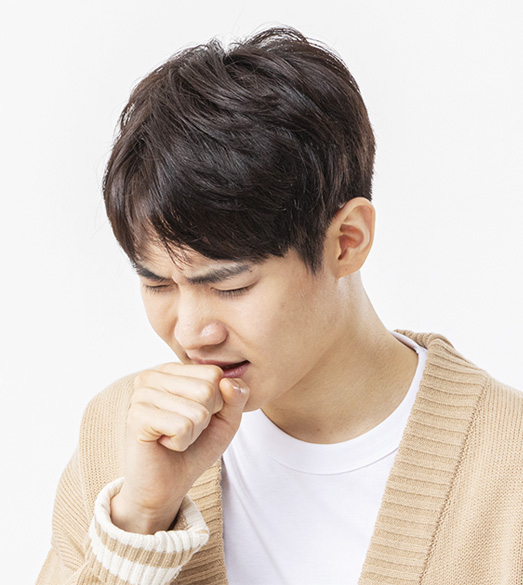
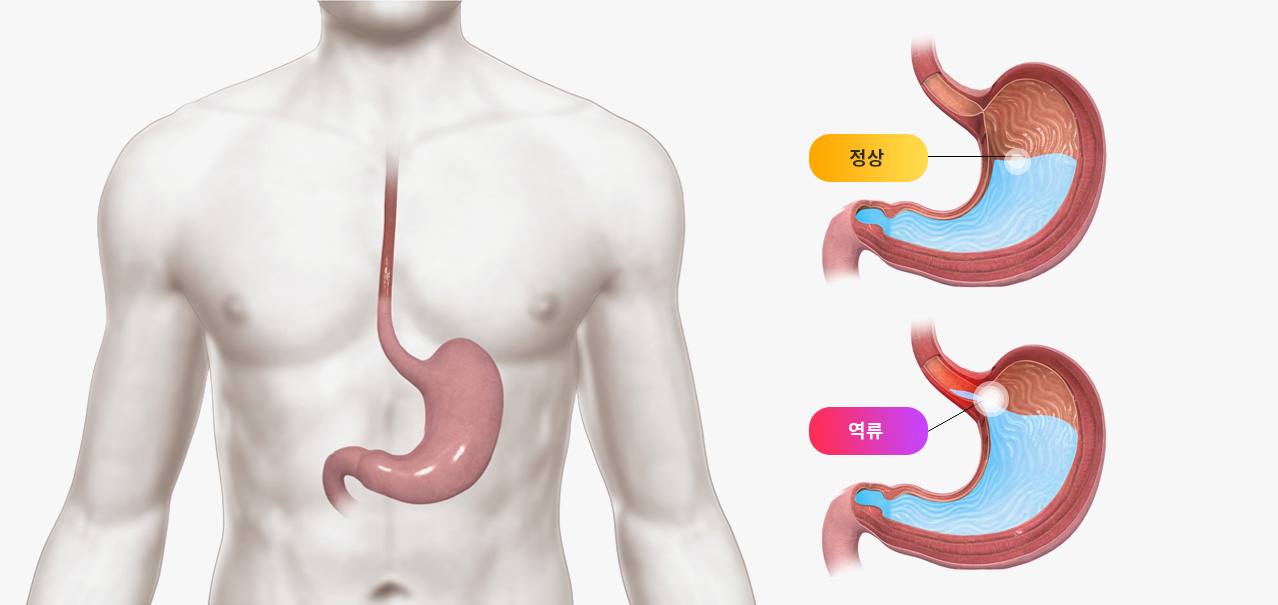


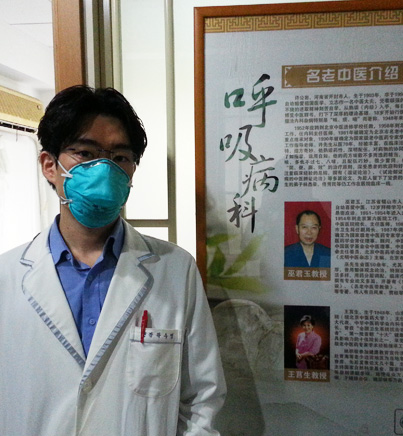
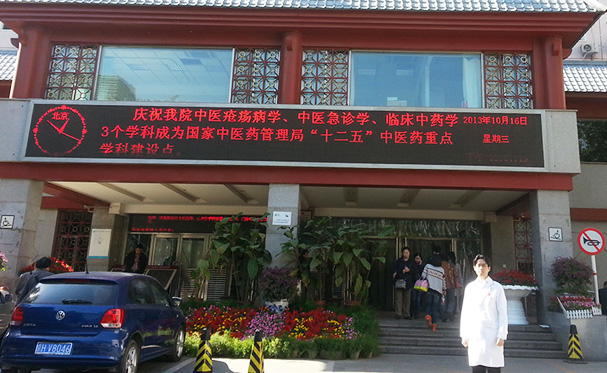
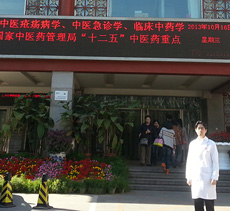
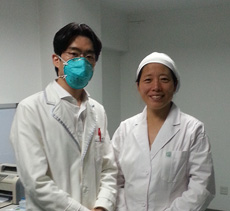
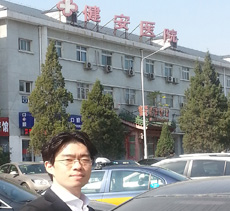
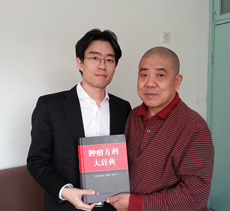
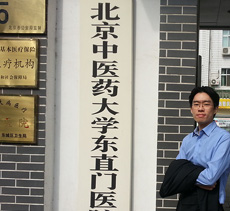
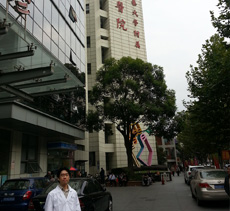
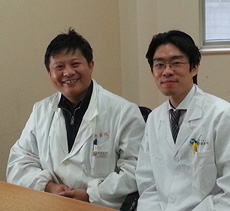
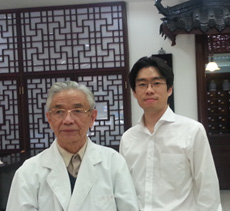
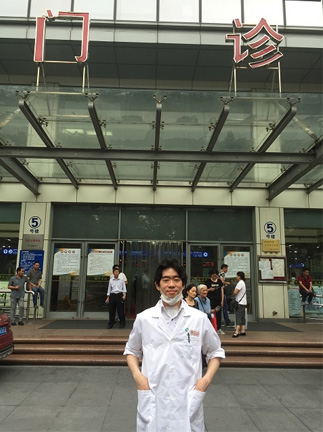
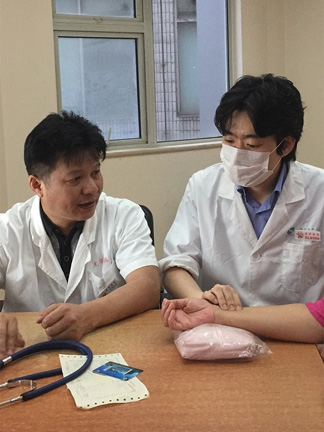
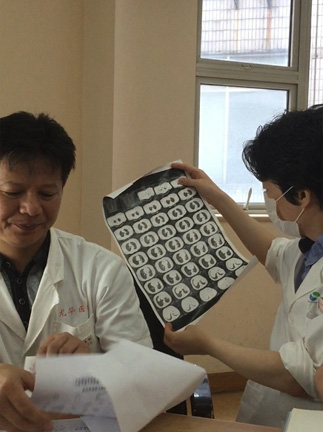
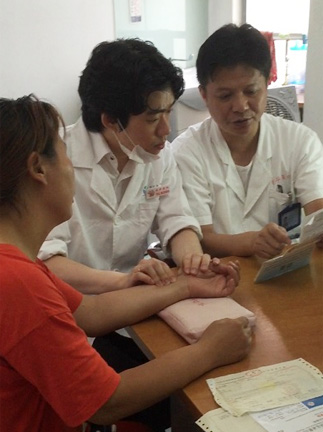
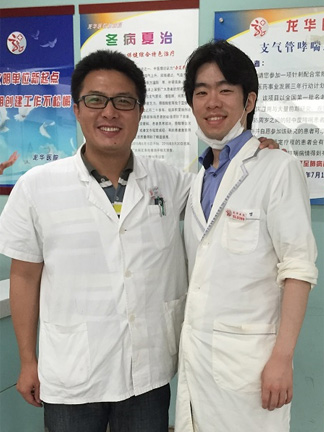
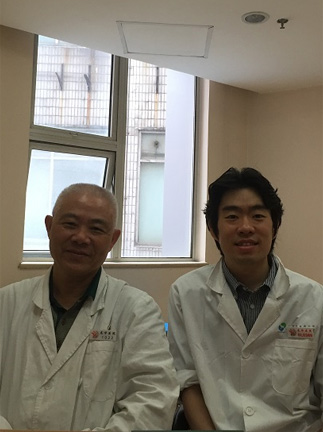
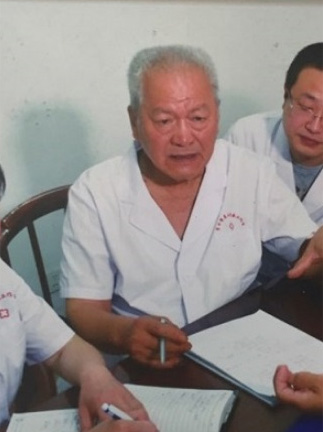
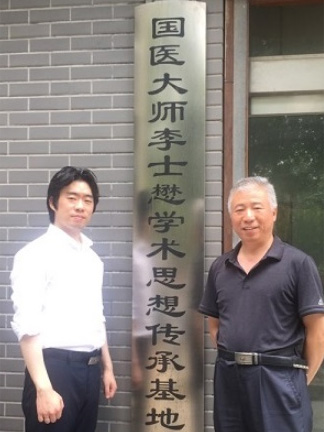
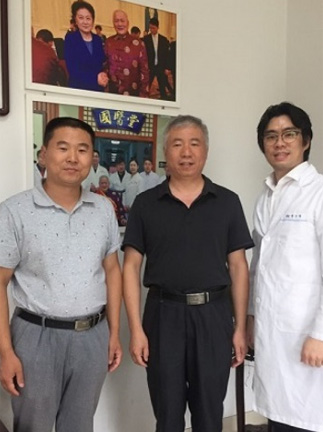
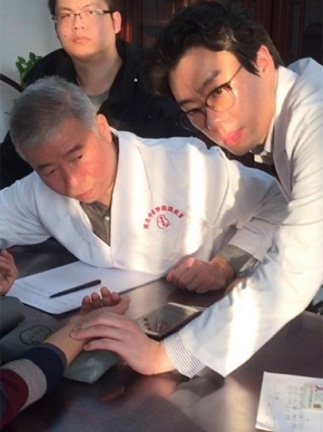
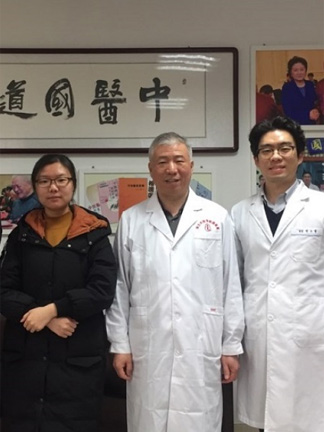
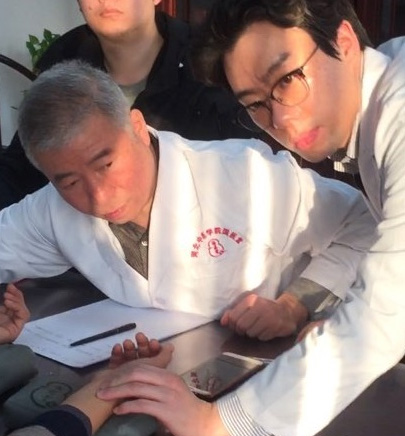 이사무 선생의 진료실에서
이사무 선생의 진료실에서


